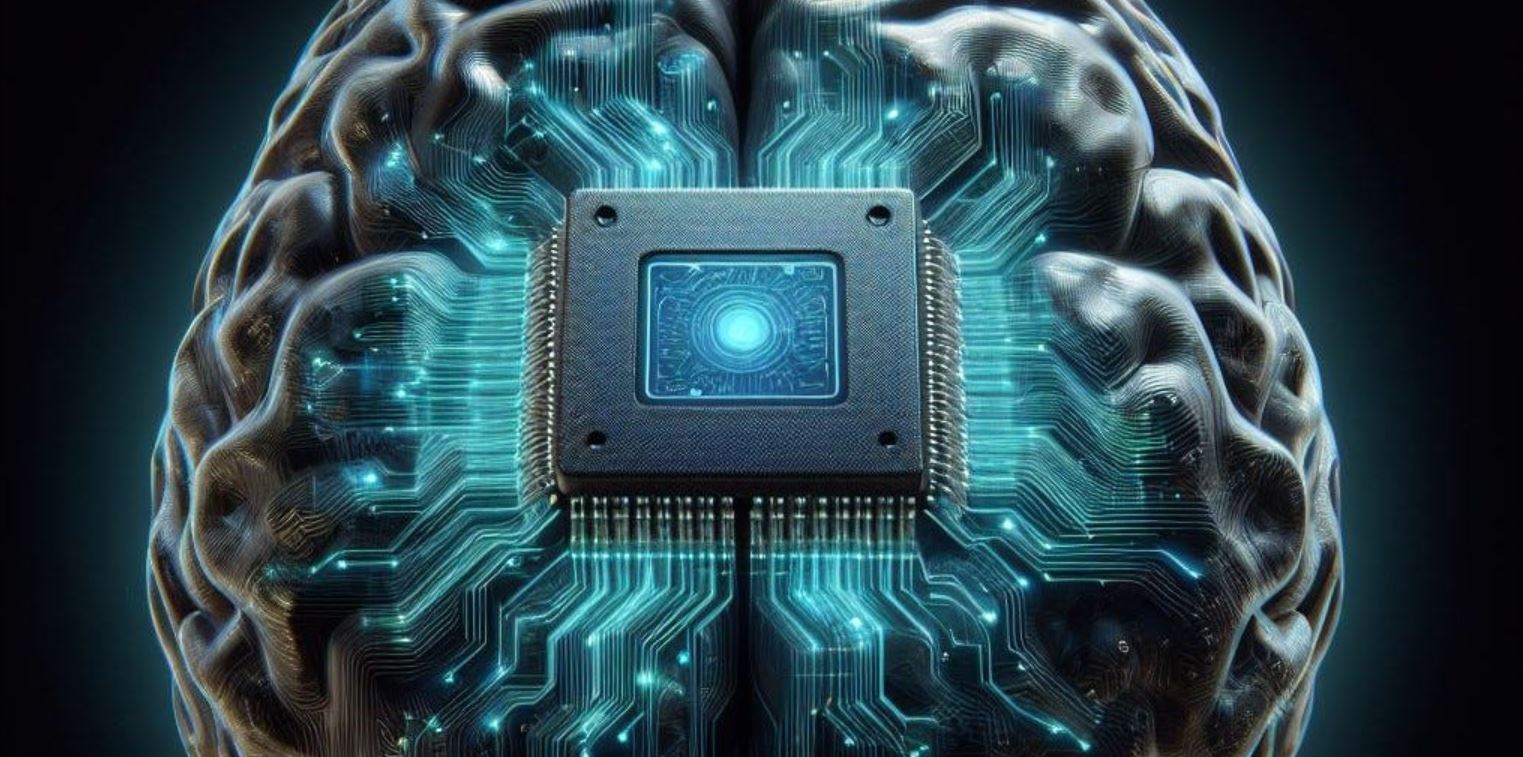 China is setting the pace in advanced brain-computer interfaces (BCI), an arena that’s also gaining traction in the US with projects like Elon Musk’s Neuralink. BCIs link the brain directly to external devices, offering new hope for those with severe physical disabilities. While American firms such as Synchron and Paradromics work to bring their innovations to market, China’s fresh policy signals its aim to lead the global race.
China is setting the pace in advanced brain-computer interfaces (BCI), an arena that’s also gaining traction in the US with projects like Elon Musk’s Neuralink. BCIs link the brain directly to external devices, offering new hope for those with severe physical disabilities. While American firms such as Synchron and Paradromics work to bring their innovations to market, China’s fresh policy signals its aim to lead the global race.
Max Riesenhuber, a neuroscience professor at Georgetown University, observes that China excels at transforming basic research into practical, everyday applications—a strength already evident in sectors like photovoltaics and electric vehicles. Although the BCI concept has roots going back to the 1970s, it was once too cumbersome for practical use. Now, thanks to persistent efforts, the field is rapidly evolving on both sides of the globe.
Chinese companies and research institutions are testing BCI implants that enable paralyzed patients to control computer cursors, robotic arms, and even to communicate through thought. Phoenix Peng, CEO of Shanghai-based NeuroXess, explains, “The Chinese government has always supported disruptive technologies. This policy is a sign that BCI has moved beyond concept into tangible products.” With successful implants already helping several patients, the progress feels both real and deeply personal.
A newly released policy document outlines 17 steps to accelerate BCI advancements. These measures range from improving brain signal chips and decoding software to establishing the manufacturing framework needed for widespread adoption. Minmin Luo, director of the Chinese Institute for Brain Research, is confident that China is on track to meet its ambitious goals—especially after his team developed the coin-sized brain chip, Beinao-1, which has been implanted in five patients so far.
Beyond assistive applications, BCIs are being eyed for real-time brain activity monitoring and consumer innovations like alerting drivers when drowsiness sets in. Given China’s status as a leading consumer electronics manufacturer, noninvasive BCI products might soon find a booming market. And while the country’s rapid progress might heighten the technological rivalry with the US, experts like Peng highlight the benefits of cooperation, focusing on improved outcomes for patients.








